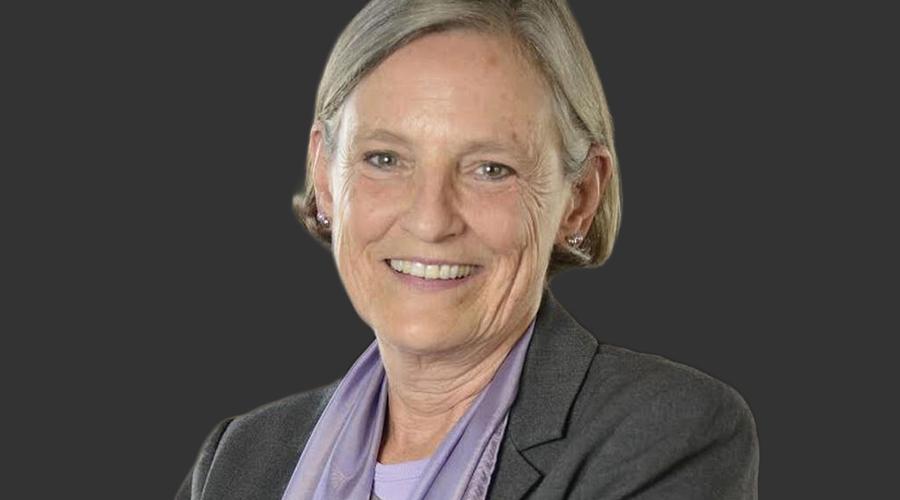-

Hear from Professor Monica Toft
Learn how Professor Monica Toft is shaping the study of global affairs and diplomacy at Fletcher.
Hear from Prof. Toft -

Explore Fletcher academics in action
Fletcher Features offers insights, innovation, stories and expertise by scholars.
Get global insights -
Get application tips right from the source
Learn tips, tricks, and behind-the-scenes insights on applying to Fletcher from our admissions counselors.
Hear from Admissions -

Research that the world is talking about
Stay up to date on the latest research, innovation, and thought leadership from our newsroom.
Stay informed -
Meet Fletcherites and their stories
Get to know our vibrant community through news stories highlighting faculty, students, and alumni.
Meet Fletcherites -

Forge your future after Fletcher
Watch to see how Fletcher prepares global thinkers for success across industries.
See the impact -

Global insights and expertise, on demand.
Need a global affairs expert for a timely and insightful take? Fletcher faculty are available for media inquiries.
Get in Touch
Bringing Fletcher Expertise and American Values Across the World
Lisa Anderson, F74
Lisa Anderson, F74 planned to become a civil rights attorney to make a difference in the world. However, as a Sarah Lawrence College undergraduate, she found that law courses failed to captivate her interest.
Reevaluating her direction, she took a two-semester course on politics and culture in world affairs--she had been focused on domestic US issues and wanted to understand more about the wider world. The instructor assigned her a paper on Egypt—and that shaped the rest of her life. “If she had said I should write a paper about Peru, I probably would have been a Latin Americanist!” Instead, she focused on the Middle East and North Africa.
She debated immediately pursuing a PhD (which she would do at Columbia several years later), but her professor encouraged her to go to Fletcher for an MALD first. The interdisciplinary nature of the Fletcher School appealed to her, as did the diversity of the student body. She was a little intimidated by the worldliness and sophistication of the faculty and student body. “I’d grown up on Long Island and thought Boston was exotic!”
Lisa studied Arabic at Fletcher, planning to work in the Middle East but she did not know precisely where she wanted to work. Her friendship with the late Shukri Ghanem, F73, FG75, who eventually became Libya’s prime minister, sparked her interest in Libya. She conducted research there in 1978, becoming the first and likely last American social scientist to work there until the 2011 Arab Spring ended Muammar Qaddafi’s decades of despotism. Lisa noted that he was “not the greatest enthusiast of research, particularly by Americans.”
She went on to serve as Dean of the School of International and Public Affairs (SIPA) at Columbia, where she managed the school during the 9/11 attacks in New York and as president of the American University in Cairo, where she steered the University through the uprisings of 2011 and 2013. Throughout, she was committed to one of her priorities as a university administrator which was equity - championing the value of fair and equal pay for all employees.
While leading SIPA, Lisa took full advantage of her Fletcher connections, especially its alumni communications. “At the time, SIPA’s marketing was way behind; we had little more than a mimeographed newsletter. Every time I got something from Fletcher, I would put it down in front of my alumni relations staff and say, ‘This is what Fletcher is doing, we can do that well!’ And so, unbeknownst to Fletcher, we were just borrowing idea after idea for the entire decade that I was dean! If SIPA has good alumni outreach, it’s entirely due to Fletcher.”


